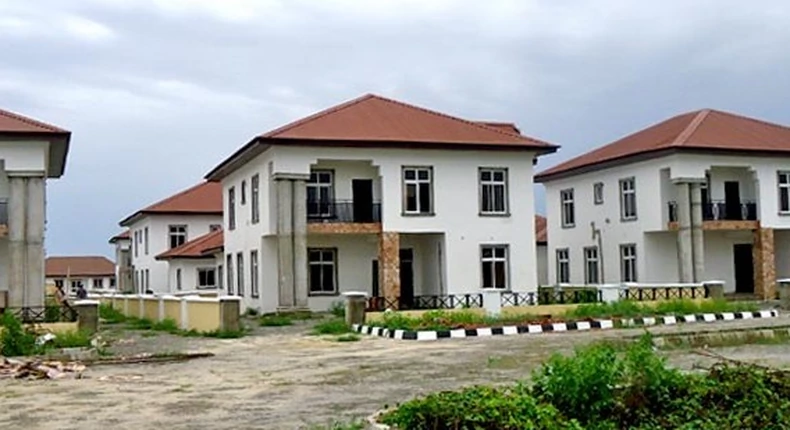Working-class Nigerians and others with legitimate, stable and sustainable sources of income have been advised to plan for post-retirement financial solutions through investment in the real estate sector amid inflation and value erosion.
Opportunities abound home and abroad for passive income through off-shore and onshore property investments, they said.
Off-shore investments in Dubai and the United Kingdom generate incomes in foreign exchange and are capable of beating inflation rate at home, suitable for passive income and dependable for multi-streaming of incomes.
Investment in reliable properties in Nigeria is also viable, they said, as this would help close the housing deficit estimated at between 18 and 22 million houses.
Legal Director, DGV Management Consulting Services, Lagos, Mrs Victoria Durugo, who could be reached via info@dgvconsult.com and 08130931992, disclosed to journalists recently.
Durugo specifically advised Nigerians with means to consider that “Dubai is a tax-free city with no income or capital gain tax.”
She added: “This makes it extremely attractive for people from all around the world to work in Dubai as well as invest in property. Foreign investors are attracted to Dubai due to the various free zones. Dubai is easily accessible, having direct flight from all the major cities of the world, and remains a popular tourist destination with its fabulous shopping malls, five-star hotels, beautiful beaches and numerous attractions.”
Based on this, rental income on property investments there is sustainable, profitable and good means of wealth preservation and multiplication.
On why Dubai real estate sector remains a good investment opportunity, Durugo emphasised that property prices are inexpensive in comparison to other trading hubs around the world.
“Property is a good edge against inflation, at such times the higher cost of debt servicing can usually be pasted on additional rent, while the value of the property inflates and its debt is unchanged.
“Real estate always has a residual value, although prices can certainly fall as well as rise, but property values will never fall to zero, unlike shares and funds,” she argued.
The real estate consultant added: “Dubai property is open to any investor from anywhere in the world, unlike the local stock market. This means greater liquidity and more funds in the market place. Demand for property typically picks up during an economic boom or easier mortgage acquisition through banks. Dubai banks have started leading again and the number of property purchase has increased significantly since 2009.”
Real estate, she insisted, is always an excellent collateral security against loans and allows debt finance to be secured at the best rates.
Specifically, she advised Nigerians with idle funds to buy in Azizi Development Properties, which she described as “free-hold or forever, and are affordable. There is an available 50 per cent finance at 4.9 per cent interest rate per annum, with a flexible installment.”
The properties are in prime location, and outright payment attracts some percentage of discount, and maintenance is 5.0 per cent or less of the rent per year.
More importantly, a permanent residency of UAE will be granted to the buyer and the entire family by the government, she assured.
She said prices range from $45,000 for a studio apartment with a rental value of about $6,000 yearly; a one-bed terrace apartment is $80,000; a two-bed apartment is $145,000; a three-bed apartment $180,000 and a three-bed Duplex, $367,000.
On features and how to acquire the properties, Durugo, representative of the firm in Nigeria, said: “Our properties are luxurious and affordable, and are located at the heart of Meydan Dubai. It is surrounded with shopping mall, swimming pool, sports, fitness and relaxation centres and children’s playground and many more.
“They have modern and exotic large rooms, toilets, bathrooms and kitchens and enough parking spaces and gardens. It’s a 15-miunte drive to the airport.”
































